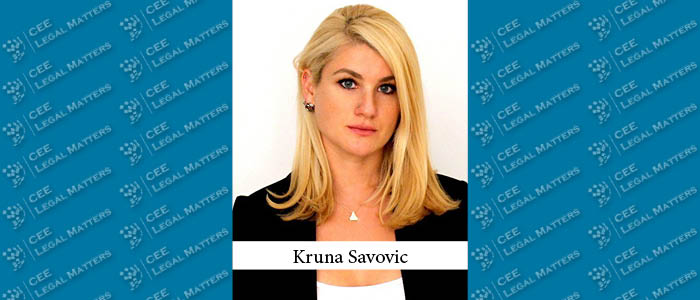“Austria has not had any significant legal developments for the last 12 months, beyond the general implementation of EU measures and legislation that affect all member states and some Austrian legislative initiatives, for example in the area of supporting start-ups,” says Christoph Moser of Austria’s Weber & Co. Rechtsanwaelte. “But what the legal profession is really talking about is whether the profession is about to change in the future in terms of digitalization and artificial intelligence.”
"The issue is now coming to Austria,” Moser says, “though we’ve seen it for some years in the UK and US.” According to Moser, “many lawyers in their 40s and 50s see artificial intelligence as a threat to their business, not only in the long term, but even in the short term.” He says, "it's really been an issue in terms of how lawyers are going to work in the next three to five years, especially when it comes to large volume projects or litigations. Artificial intelligence technologies will increasingly be an important factor in handling and pricing assignments, especially for large assignments that include due diligences or the handling and case management of court and arbitral disputes.” The consequence of this development is unavoidable, he says. “That means you cannot bill for many associate hours any longer, because parts of the due diligences are done by computer software or supported by computer software.” As a result, “many large firms are seeing that as a threat to their business models, especially where it comes to high volume transactions and fees paid for due diligence work. The question is always, should your firm be among the first to invest in the new technology — which requires significant up-front investment — or should you be more a follower, to see where the market goes?”
That specific issue is less a concern to Moser and his colleagues at Weber & Co. “We don’t focus on transactions including large-volume due diligence exercises,” he says, “so it’s not too critical for us.” Still, he notes, “we’re also looking into what specialized technology exists to support our specialized business.”
Moser also notes that large due diligence work seems to be decreasing as a source of revenue for law firms anyway, “both because it’s time-consuming and because it’s a large fee block, and it has not always played a key role.” Moser explains that “if you do a red flag due diligence you’re alerted to certain important factors, but full-fledged due diligence has somewhat fallen out of fashion because the fees are extremely high and eventually — when it comes to M&A transactions — the question will always be how to value results in the purchase price determination and how to weight the factors in the transaction.” He notes that “there are mechanisms in M&A transactions to factor that into the sale price anyway.”
Turning quickly to the Vienna Bar Association, Moser reports that, after several years of controversy in 2015 and 2016 involving a contentious and sometimes ugly fight for leadership, “things have calmed down — things are really going well.”
In terms of practice areas, Moser reports that Real Estate is going really well, “with a number of significant projects and developments — especially in the Vienna area.” Moser describes “large volumes, stunning new neighborhoods, lots of commercial and residential projects,” and says that “even just walking around Vienna you can see lots of developments and that prices are still increasing.” Compliance and Cyber-security is hot at the moment as well, he says, “with lots of demand from large Austrian companies making sure they’re up to date with Compliance obligations.”
Finally, Moser turns to his own area of specialization, reporting that “Austrian Capital Markets are still recovering.” Moser says that “the Vienna Stock Exchange has done well, with stock prices increasing over the past few months. Also you see a trend that issuers are considering new capital market transactions, and we’re hearing from several banks that companies are planning potential IPOs in 2018 or even the end of 2017.” Moser notes that over the previous few years “we have seen hardly any going public and many delistings from the stock exchange and takeovers of listed companies, so the headcount of listed issuers in Vienna was significantly decreasing,” but he says that “I would say for the past three or four months we have heard of one or another issuer planning on going public in the short to mid-term.” He concludes: “This is good news because Austria was silent for Equity Capital Markets for many years, especially compared to Germany or other European markets where stock prices significantly increased and new issuers went public.”






























